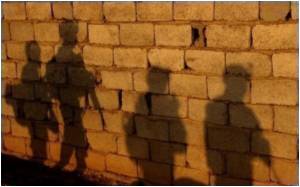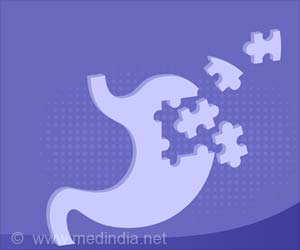Risperidone, widely used antipsychotic medication appears ineffective in treating patients with military-related, chronic posttraumatic stress disorder (PTSD) symptoms, reveals research.

John H. Krystal, M.D., of the VA Connecticut Healthcare System, West Haven, Conn., and colleagues evaluated whether risperidone (a second-generation antipsychotic often used for the treatment of schizophrenia and bipolar disorder), when added to an ongoing pharmacotherapy regimen would be more effective than placebo for reducing chronic military-related PTSD symptoms among veterans whose symptoms did not respond to at least 2 adequate SRI treatments. The study consisted of a 6-month, randomized, placebo-controlled multicenter trial conducted between February 2007 and February 2010 at 23 Veterans Administration outpatient medical centers. Of the 367 patients screened, 296 were diagnosed with military-related PTSD and had ongoing symptoms despite at least 2 adequate SRI treatments, and 247 contributed to analysis of the primary outcome measure. Patients received risperidone (up to 4 mg once daily) or placebo and other psychosocial mental health therapies. Symptoms of PTSD, depression, anxiety and other health outcomes were gauged via various scales and surveys.
After analysis of the data, the researchers found no statistically significant difference between risperidone and placebo in reducing measures of PTSD symptoms after 6 months of treatment. In addition, risperidone was not statistically superior to placebo on any of the other outcomes, including improvement on measures of quality of life, depression, anxiety, or paranoia/psychosis.
Overall, the rate of adverse events during treatment was low but appeared related to dosing of risperidone.
"In summary, risperidone, the second most widely prescribed second-generation antipsychotic within VA for PTSD and the best data-supported adjunctive pharmacotherapy for PTSD, did not reduce overall PTSD severity, produce global improvement, or increase quality of life in patients with chronic SRI-resistant military-related PTSD symptoms. Overall, the data do not provide strong support for the current widespread prescription of risperidone to patients with chronic SRI-resistant military-related PTSD symptoms, and these findings should stimulate careful review of the benefits of these medications in patients with chronic PTSD," the authors conclude.
Source-Newswise










